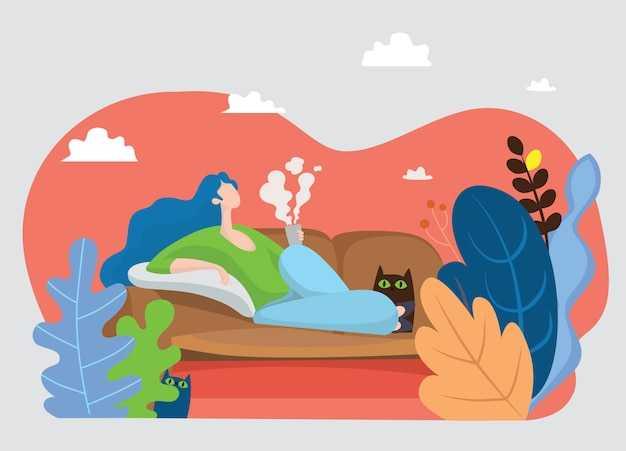The significance
People should be able to track their happiness in a similar way they track their fitness goals.
Apps tracking happiness effectively served as a glorified research project. The conclusion: people are happiest when they stop their minds from wandering.
92
176 reads
CURATED FROM
IDEAS CURATED BY
Traveling can make you smarter, more creative and improve your problem-solving abilities.
The idea is part of this collection:
Learn more about personaldevelopment with this collection
The importance of perseverance
How to embrace failure as a learning opportunity
The power of innovation and creativity
Related collections
Similar ideas to The significance
The thoughts in your mind
We are so intimate with our thoughts that we never really stop to pay close attention to our wandering minds. When we do look at our thoughts, they turn out to be more interesting than we imagined.
A 2013 review points to huge individual differences between people in how much time they...
Cherish the current happy moment
Research has recently shown that people tend to feel unhappy whenever they focus on what brings them happiness in the long term.
However, if they chose to stay in the present moment, their happiness would not be in any way affected. Therefore, if you really want to feel happy, try focus...
how to practice
Pursue intrisic goals: Achieving goals that you are intrinsically motivated to pursue, particularly ones that are focused on personal growth and community, can help boost happiness. Research suggests that pursuing these types of
Read & Learn
20x Faster
without
deepstash
with
deepstash
with
deepstash
Personalized microlearning
—
100+ Learning Journeys
—
Access to 200,000+ ideas
—
Access to the mobile app
—
Unlimited idea saving
—
—
Unlimited history
—
—
Unlimited listening to ideas
—
—
Downloading & offline access
—
—
Supercharge your mind with one idea per day
Enter your email and spend 1 minute every day to learn something new.
I agree to receive email updates


